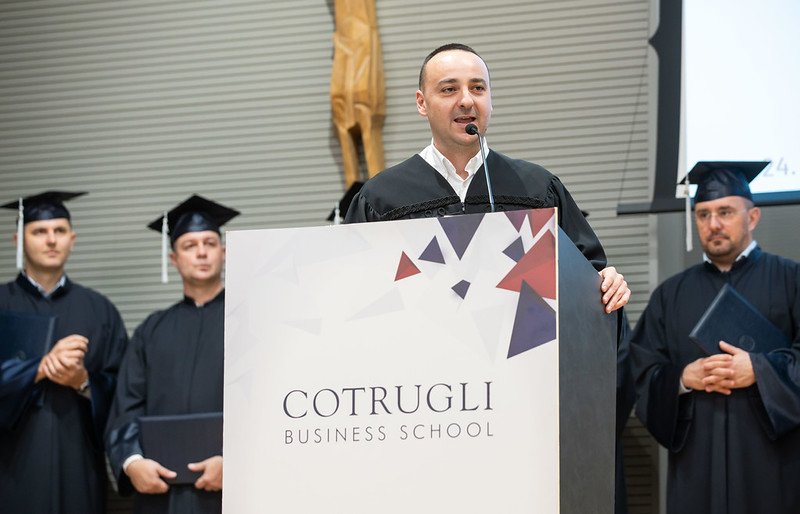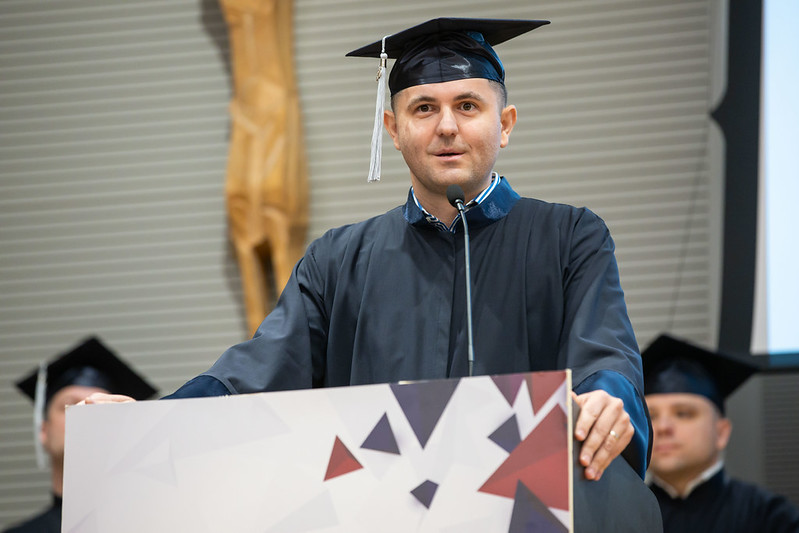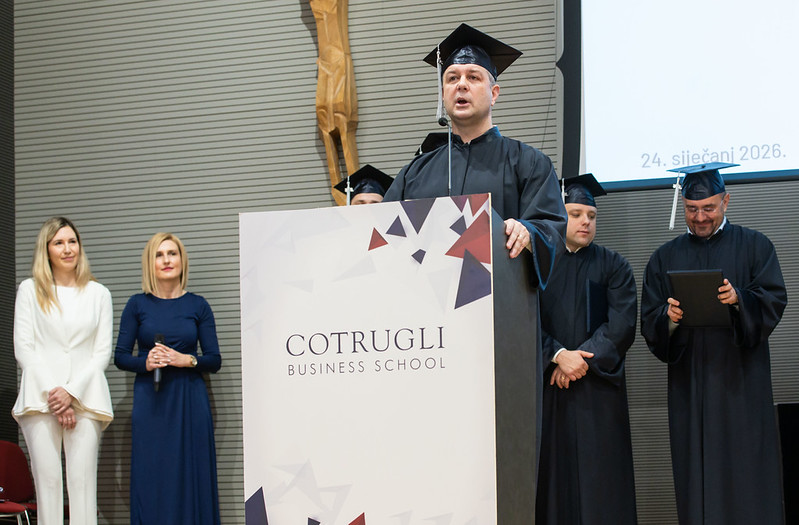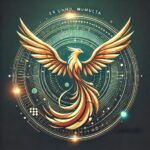
Stablecoins 2025: From Crypto Curiosity to Fintech Cornerstone
14/10/2025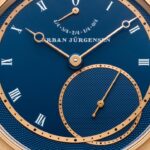
Ten Trillion in the Fog: Could AI Revolution Become a Bubble?
01/12/2025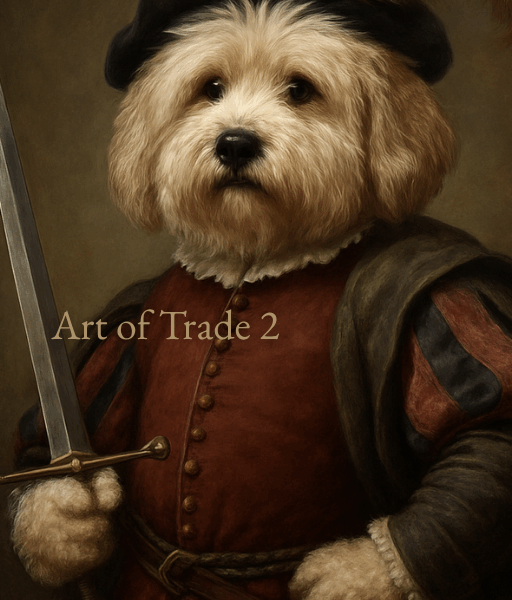
The Wolf, the Dog, and the Sheep: A Vanguard Leadership View of Business Today and Tomorrow
Business is entering a time of AI and Robots, and a time where the cost of time will grow in significance. In a time when AI will outsmart humans and, together with Robots and machines, will be more effective than us. In this world, who we empower and how could matter more than what tools (AI) we use. The Vanguard leadership view starts from a simple idea: every system repeats specific patterns. These are not labels for people, but ways of acting.
The Patterns of the Wolf, the Sheepdog, and the Sheep
In this story, the wolf is the pattern that takes ( go-taker). The sheepdog is the pattern that protects and connects (go-giver). The sheep is the pattern that needs direction and rhythm (drifter). The job of the Vanguard leader is to see which mix of these patterns keeps the field green tomorrow, not only today. (grow organization sustainably without a primary focus on the short-term results)
The wolf is fast and often charming. It loves shortcuts because the goal is the following catch. The wolf can look like a solution today, but it usually becomes a hidden cost tomorrow.
The sheepdog is also fast but feels responsibility for others and lives by signals. The dog listens at the edges, reduces disorder, sets the pace, and rebuilds trust when something breaks. The dog does not win with trophies; it wins because it fights to turn problems into prosperity for all.
The sheep is neither ideal nor a problem. The sheep reminds us that most systems, people, and processes need direction, safety, and a steady step to cross the bridge. With a good dog and clear boundaries, the sheep becomes a valuable part of the herd.
Speed, Perspective, and the AI World
Today, many “wolves” are visible in organizations and the public sphere (both inside organizations and on social media), making results more visible and enabling rewards to be earned faster. Vanguard leadership trains leaders for a broader perspective. The question is not “Is speed good or bad?” Speed is always good. Fast and smart eat slow. This may not sound kind, but it is the nature of animals, humans, and organizations. The real question is: What are the force multipliers? In an AI world, where algorithms will make many abilities equal, the only things worth multiplying are the things AI cannot copy well: trust, reputation, a sense of limits, and the ability to gather people around a clear intent.
The wolf can give a moment of intensity. The dog creates the structure of time in which intensity can occur without destroying the herd. The sheep, when it feels a rhythm and a sense of protection, stops drifting and starts helping the group (organization) move.
Beyond AI Capabilities: Character of the System
Tomorrow, AI will write reports, plan schedules, and manage robots and other AI agents better than we can. Operational excellence becomes a minimum, not a differentiator. That is why Vanguard Leadership extends its focus beyond AI augmentation and capabilities. It brings to leaders the character of the system: how we handle ambiguity, how we correct course, and how we treat shared resources like time, attention, and reputation.
The Vanguard: Trusted Infrastructure
The sheepdog we will name Vanguard is the picture of that character. Not because the Vanguard is “better” as an individual, but because the Vanguard‘s value grows in the network. The Vanguard is a trusted infrastructure. When a surprise problem or new regulation appears, the dog helps the whole system move together, not as a set of separate egos.
For a country and organization that wants to matter and grow in the age of AI, the question is not “Can we breed faster wolves?” The question is “Can we build fields that last?” This means ecosystems where standard rules are not seen as obstacles but as the things that release energy without wasting it. In industry, this is collaboration across company borders: supply chains, standards, shared data roles. Everyone is protected enough to be open enough. In society, this is confidence built not on constant excitement, but on quiet progress.
For the planet, Vanguard sees technology like AI as a force amplifier of intention. If our intention is extraction without limits, automation will make that extraction more efficient. If our intention is regeneration and circularity, automation will reduce waste and create new, more appropriate forms of productivity. The Vanguard sheepdog is not a romantic symbol of nature. The Vanguard is operationally conscious. It ensures efficiency does not destroy the very ground where it makes sense. Keeping the field healthy does not mean refusing success; it means understanding that only sustainable success can scale.
The Human Role in an Automated World
For people, Vanguard is realistic, not just comforting. The human role will not disappear; it will become narrower but heavier. Where AI stops—context, judgment, ethics, understanding side effects—humans become the holders of intent. The Vanguard stands for the dignity of work that is not replaceable: the person who makes others better and acts as a bridge between what is efficient and what is right for the system. When the sheep has a respectful frame and a visible role, it stops being a statistic and becomes the rhythm.
The wolf will not vanish, nor should it: energy, ambition, and the courage to break through often come from the same place as opportunism. Vanguard separates strength from pattern. Strength is neutral. Pattern is what we can shape. The dog does not hate the wolf; the dog blocks the wolf from turning the system into the wolf’s personal story. In moments of real need, some wolf energy can be used for the group, but without the illusion that a shortcut is the same as a path.
Reliability as the New Safety
If this sounds like a story about safety, it is—safety as reliability. Markets reward reliability faster than we think, and regulators are increasingly concerned about how results are achieved. In a world where trust is rare, the most valuable wins are the invisible wins—nothing bad happened because someone at the edge prevented it. The sheepdog lives for those wins.
Security research consistently shows that people pose the greatest threat to organizational security. A single careless click, a thoughtless message, or an overlooked protocol violation can render even the most advanced technical safeguards ineffective. Cyber threats increasingly arrive disguised as legitimate communications—emails that appear authentic, links that seem trustworthy, messages that exploit human psychology rather than technical vulnerabilities.
Yet this same human element—when properly educated, empowered, and held accountable through strong leadership—becomes an organization’s most resilient defense mechanism. The paradox is apparent: The People who pose the most significant threat must become the first line of defense.
Geometry of Speed and System Resilience
Vanguard is not a love letter to slowness. It is not a speed attack. It is a choice of geometry: what kind of network tension we build so that the system is as fast as a whole, not just a few individuals who stretch it until it breaks. In this choice, the dog stands for the principle that speed without breakdown is the only speed worth having. The sheep stands for the truth that most people want to contribute if they know how, why, and how far. The wolf is the reminder that every system will always have a force looking for a crack; Vanguard leadership is knowing when to redirect that energy and when to strengthen the fence.
With modern AI tools and proper use of social media, excellent communication and persuasion skills, anyone can look like a wolf: results can be cropped, stories edited, and “urgency” created. But communities—inside companies and in the market—recognize the dog’s work over time. Shocks get smaller. Incidents go down. People will stop whispering. Partners come not because they must be convinced, but because they can count on a steady rhythm. That rhythm will separate those who only keep up from those who lead.
Quiet Leadership and Sustainable Success
Vanguard leadership does not sell utopia. It offers responsibility. It does not ask for perfect people; it asks for consistent patterns. In a world where everything is measured, the most important things are still seen by their trace. After some time, with a sheepdog on the edges, the herd is calmer, the field is greener, and the road is clearer for everyone. No fanfare, no dramatic showdowns, and no noisy headlines. Just the quiet fact that you can rely on your work and on the people you work with.
This quiet may be the absolute luxury of the future. And maybe this is what we really mean by “sustainability,” below all the buzzwords: not only a carbon account or a bias-free algorithm, but a way of working where tomorrow is possible because today’s wins were not eaten by their own cost. In that quiet, the wolf still runs, but no longer sets the music; the sheep is protected, walks, but does not wander; and the dog, often tireless, often unnoticed, keeps the boundaries where business remains human, even when many tasks are done by AI.


